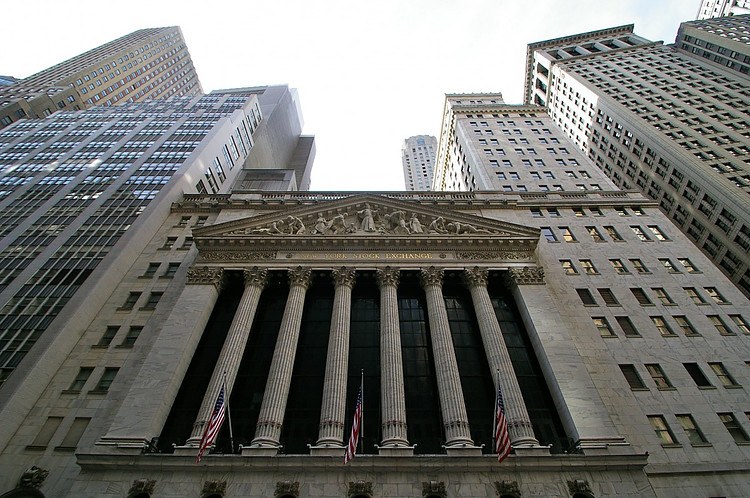- Tech stocks saw a modest recovery on Friday as long-term bond yields dropped sharply.
- The rest of the stock market remained under pressure, however.
- Focus next week will be on key US data releases, fiscal stimulus headlines and more remarks from Powell.
US tech stocks saw a modest recovery on Friday, with the Nasdaq 100 finishing the session with gains of about 0.63%. Big Tech names Apple (+2.55%), Amazon (+1.86%), Facebook (+3.3%), Microsoft (+2.64%), Alphabet (+1.11%) and semiconductors stocks (SOX index +2.28%) all gained as long-term US bond yields plummeted in a sharp retracement of recent moves. Still, despite the modest Friday recovery, the Nasdaq 100 still had its worst month since October 2020, dropping 0.1% since the end of January and roughly 7% from February’s highs (set at the beginning of last week).
Strength in Big Tech names helped prop up the S&P 500 and keep the index above the 3800 level, though the index still ended the session 0.43% lower. Despite falling around 2.5% on the week, the S&P 500 index still managed to finish the month 2.6% higher. The Dow, which is not anywhere near as heavily weighted towards Tech names, dropped 1.5% on the session to drop below 31,000. On the week, that means the Dow dropped 1.8%, meaning it held on to 3.15% gains on the month.
In terms of the sectors, Information Technology (+0.6%) and Consumer Discretionary (+0.58%) were the best performers, while Energy (-2.3%) and Financials (-1.97%). The S&P 500 Growth Index gained 0.28%, buoyed by the drop in long-term bond yields, while the S&P 500 Value Index dropped -1.28%.
Driving the day
Market commentators attributed the US stock market sell-off (excluding the rally in Tech) to ongoing concerns that the US economy will run hot; higher than expected January Core PCE and a blowout January Personal Income number were cited. Next week, focus will be on US ISM Services and Manufacturing reports, as well as the latest US labour market report, for further evidence of economic overheating.
There will also be a lot of attention on US fiscal headlines (Democrat leaders want to pass US President Joe Biden’s $1.9T stimulus by mid-March) and on remarks from the Chairman of the US Federal Reserve Jerome Powell on 4 March. Fiscal stimulus has been seen as a stock market positive, but if bond markets continue to sell-off next week on “over-heating” concerns, perhaps it no longer is. With regards to Powell, markets will again be on the lookout for any signs that the Fed is growing concerned with recent bond market moves, especially now that ECB members have started calling for accelerating asset purchases.
